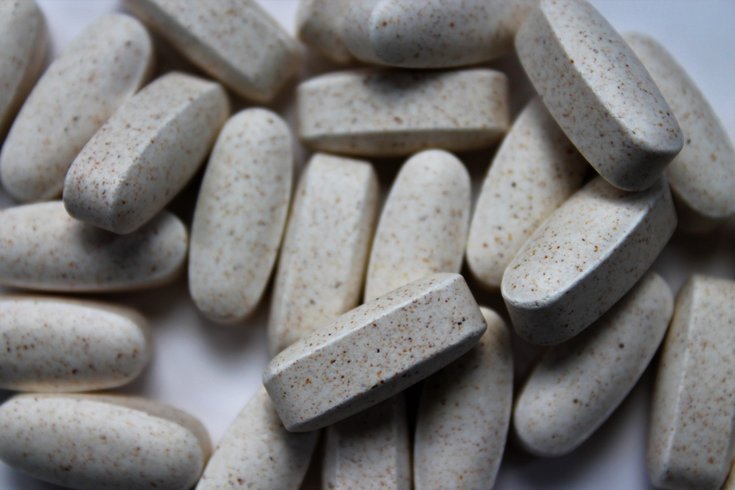
September 19, 2019
 Amanda Jones/Unsplash.com
Amanda Jones/Unsplash.com
A new pill that combines blood pressure and cholesterol medications has been proven to reduce both blood pressure and cholesterol.
A new pill has proven to reduce high blood pressure while also decreasing cholesterol, according to a study published Wednesday by the New England Journal of Medicine.
The so-called "polypill" combines low doses of three medications that treat high blood pressure and one used to lower cholesterol.
The pill reduced the estimated risk of cardiovascular disease by 25 percent, among study participants.
Researchers say the pill could provide a big benefit to low-income patients.
"The pill may address some of the barriers that contribute to disparities in health based on geography, socioeconomic class and other parameters that we know have existed in this country and other countries for a while now," senior author Dr. Thomas Wang, of the Division of Cardiovascular Medicine at Vanderbilt University Medical Center, said in a statement.
"Despite advances in the prevention and treatment of cardiovascular disease, it remains the No. 1 global killer of both men and women."
The trial enrolled 303 patients without cardiovascular disease. Nearly all of them were black. Seventy-five percent had an annual income level below $15,000. About 60 percent were women.
Half of the participants took a daily polypill for 12 months. The others maintained their usual medical care.
At the end of the year, the study participants who had taken the pill saw their blood pressure drop by an average of 7 mm Hg compared to the other group. Their LDL cholesterol levels also fell.
"We think there are advantages to combining population-based strategies like the polypill with all of the virtues of precision medicine," lead author Dr. Daniel Munoz, a VUMC cardiologist, said in a statement. "It is a running start for people who need access to some medical care, but precision medicine should still be used to add therapy and adjust therapy."
The study was funded by the American Heart Association and the National Institutes of Health.